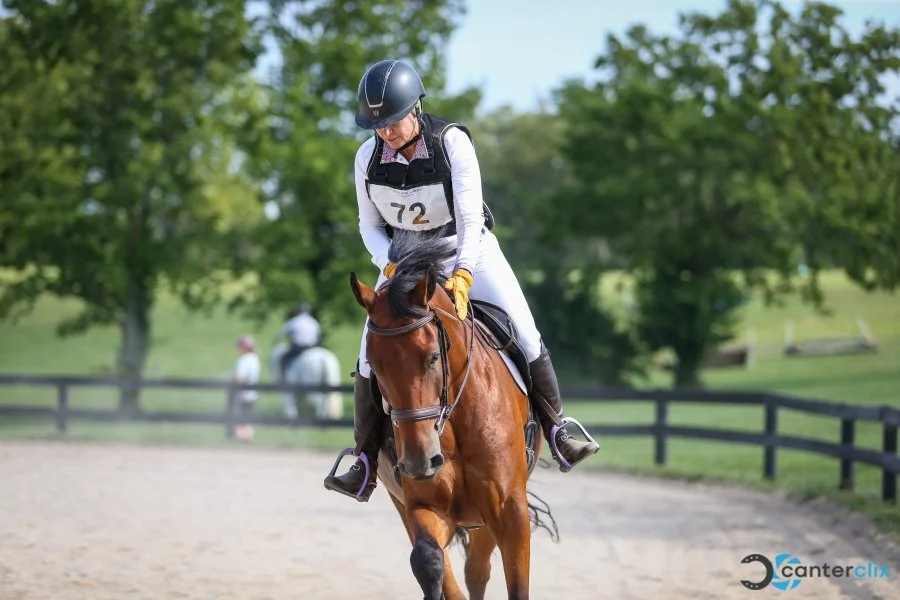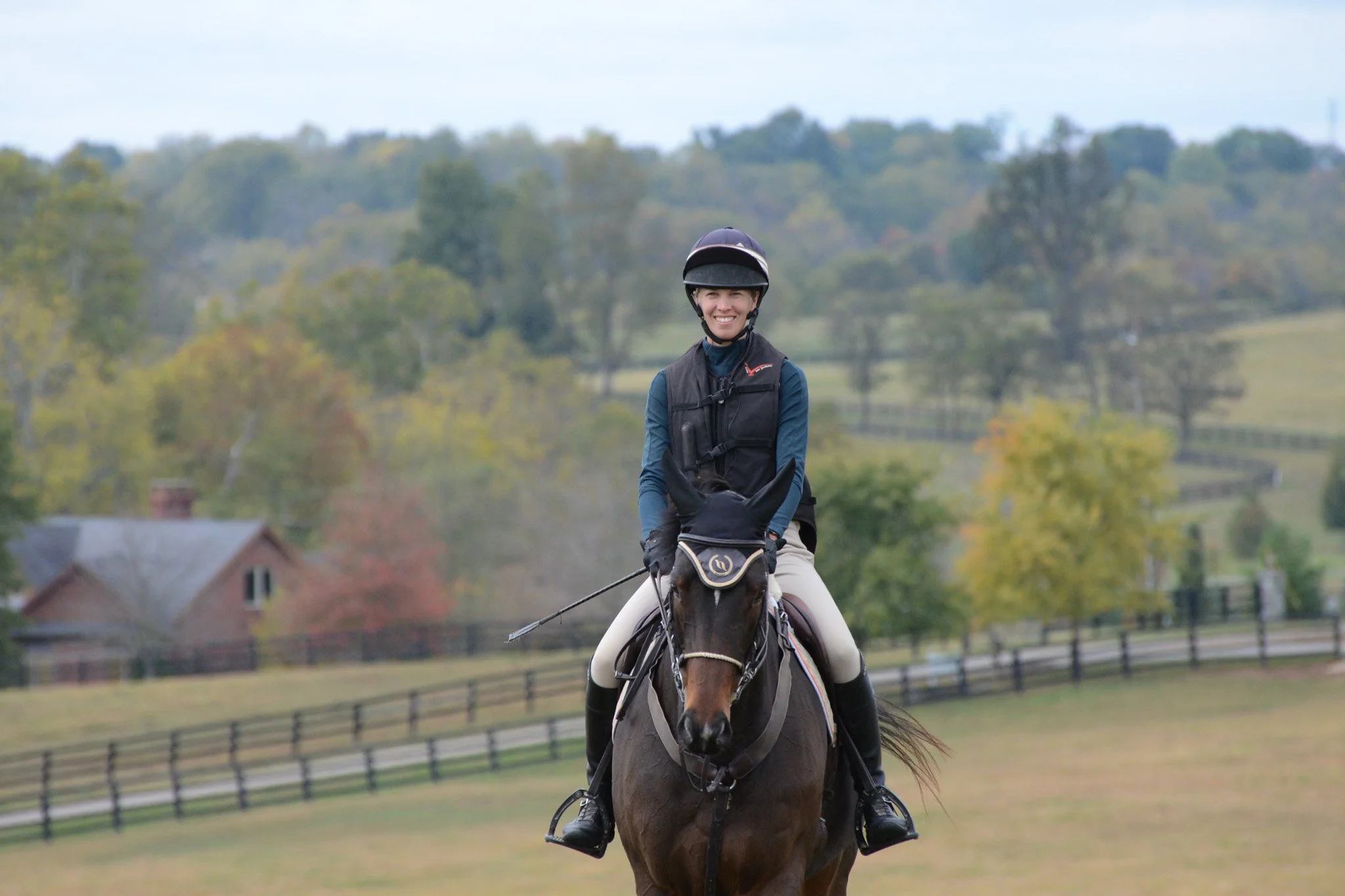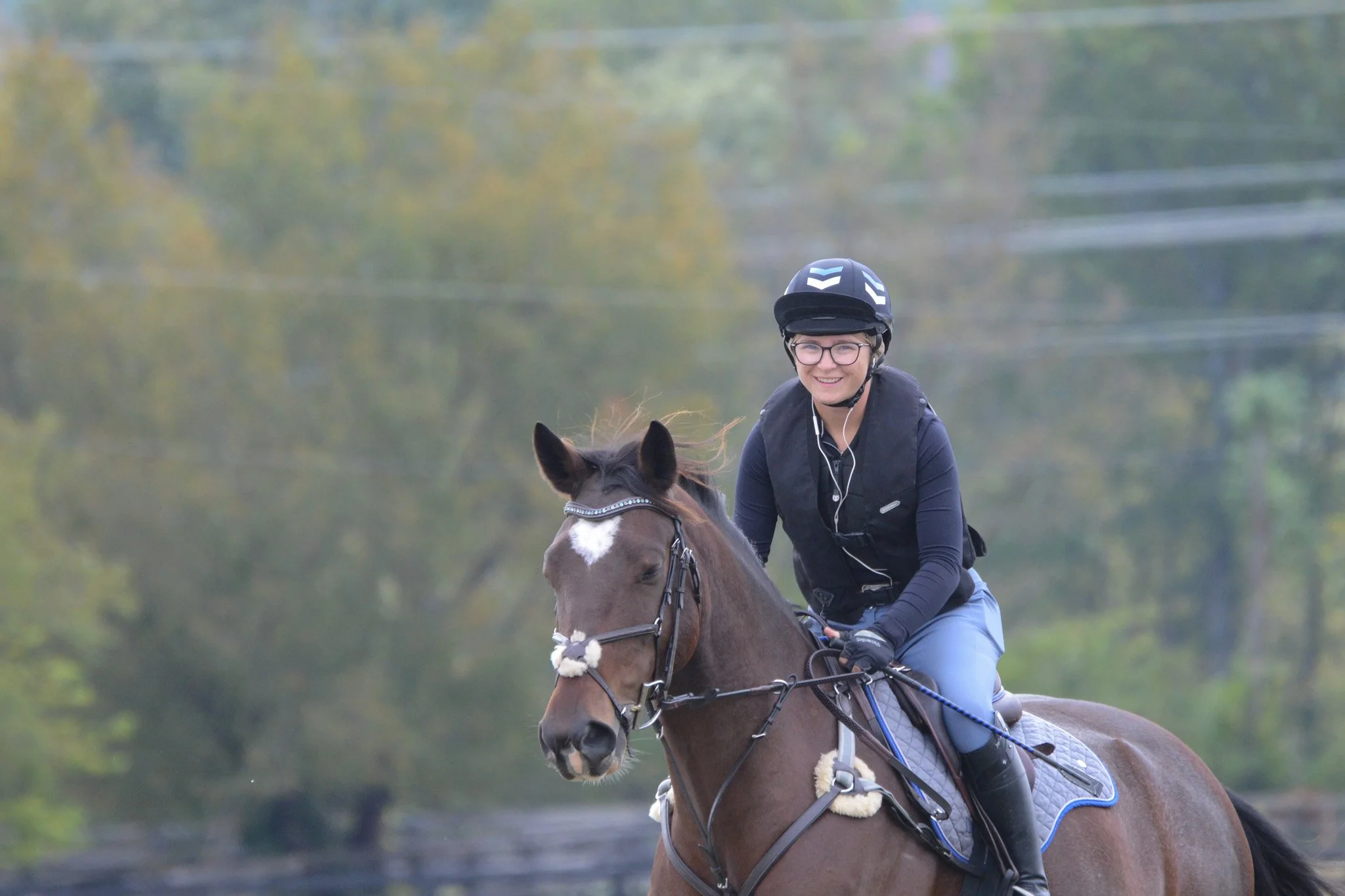Why Groundwork Has Become My Go To: My Journey From Skeptic to Believer
Read MoreAccidents Happen Anywhere at Any Time
Read MoreLearning What Your MPM Should Feel Like
Read MorePositive Experiences Build Confidence: Introducing Your Young Horse to Competition Part 2
Read MoreA 6 year old Dutch Warmblood by For Romance out of a Pik Bube 1 mare
Read More





